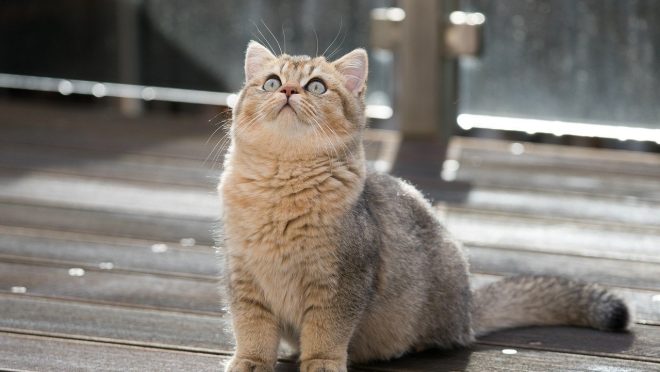Can cats drink salt water? The answer may not be what you think
Can cats drink salt water? The answer may not be what you think

Most people grow up knowing they should never drink seawater. However, gargling with salt water is generally considered safe and can even help reduce tooth and gum pain. Swallowing it, though, may lead to dehydration or harm the kidneys. Naturally, one might assume this applies to all living creatures. But surprisingly, this isn’t the case—while humans should avoid drinking it, cats are actually capable of drinking salt water.
Cats can drink salt water and survive
Research published in the American Journal of Physiology indicates that cats have a biological ability to process salt water. Their kidneys can expel excess sodium, allowing them to hydrate from it. This doesn’t mean cats can thrive solely on salt water and food. Over time, excessive salt intake could still lead to dehydration, much like in humans. While not essential, salt water can be a temporary survival option for cats in extreme situations.A typical 5-kg cat requires about 250 ml of water daily. Since 250 ml of seawater contains around 8.75 g of salt—and a 5-kg cat’s fatal salt dose is roughly 20 g—this adaptation works only within limits. Therefore, offering salt water to cats intentionally is not advisable.
A species-appropriate diet and access to fresh, clean tap water are sufficient to keep a cat healthy. Some cats aren’t keen on drinking water and may rely on moisture-rich food like fresh or wet cat food to stay hydrated. But if a cat occasionally drinks from a salt water pool, it’s generally not cause for concern—unless they exhibit signs of illness or lethargy afterwards.Health effects of cats drinking salt waterSodium is an essential nutrient for cats, and they seem to handle moderate excess without major issues. However, they should ideally get sodium through meat, organs, and bones—not through salt water. Regular consumption of salt water should be avoided unless a cat has no access to fresh water for survival.
There’s no benefit to adding salt to a cat’s drinking water. Feeding them a balanced, high-quality diet specifically formulated for cats is the best way to ensure they receive all the nutrients they need for long-term health.
What to do if a cat drinks too much salt water
If a cat occasionally sips from a salt water fish tank or swimming pool, it’s usually harmless. But persistent salt water consumption could signal an underlying health issue or behavioural disorder. In such cases, it’s wise to consult a veterinarian for diagnosis and guidance.
The bottom line
Occasional salt water intake is unlikely to harm a cat. However, it’s important to monitor how often and how much they drink. Fresh, clean drinking water should always be made easily available both indoors and outdoors. This can help prevent cats from turning to salt water as a hydration source.


